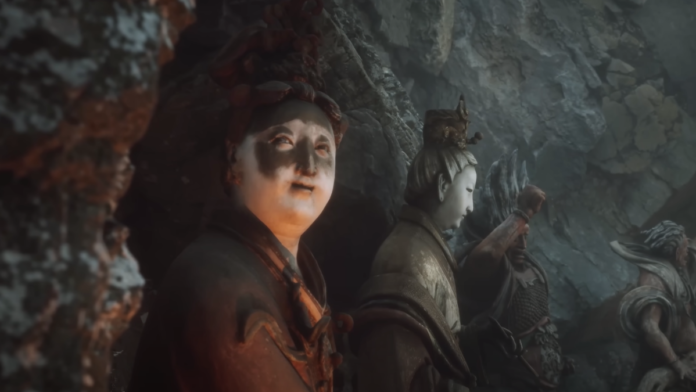HIGHLIGHTS
- The endings Black Myth: Wukong emphasizes reflection on Sun Wukong’s past ambitions and actions, highlighting his repercussions.
- The final confrontation is both physical and symbolic, representing an effort to come to terms with Wukong’s legacy.
- The relics merging is essential for the player to begin a new journey, reinforcing the cyclical nature of existence.
The endings of Black Myth: Wukong heavily leans towards reflection and deep emotionality.
Moreover, players understand Sun Wukong’s past ambitions and actions plus their repercussions as they go along with the story.
According to cutscene dialogues, Wukong’s death left five out of six senses intact, and only his mind was lost.
“The Final Confrontation” And “Role Of Successor” In Black Myth: Wukong Ending
The players find in themselves the remains of Wukong, who is characterized by the spirits of his past.
The ending is more than just a physical confrontation; it is also a symbolic battle in general terms, representing an effort to come to terms with Wukong, A Destined One.
As this narrative reveals to the player, they will always be carrying on Wukong’s legacy.
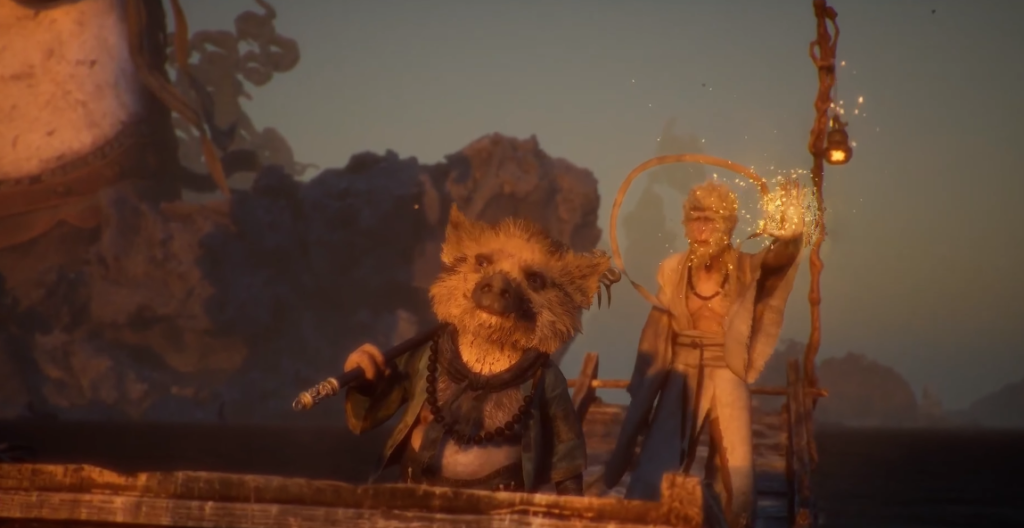
During the dialogue, it is emphasized that Wukong’s physical form might be dead, but his spirit will still survive through the chosen successor, a destined one.
Hence, these form themes like identity crisis and legacy burden. At some point during the gameplay, the character should make personal choices.
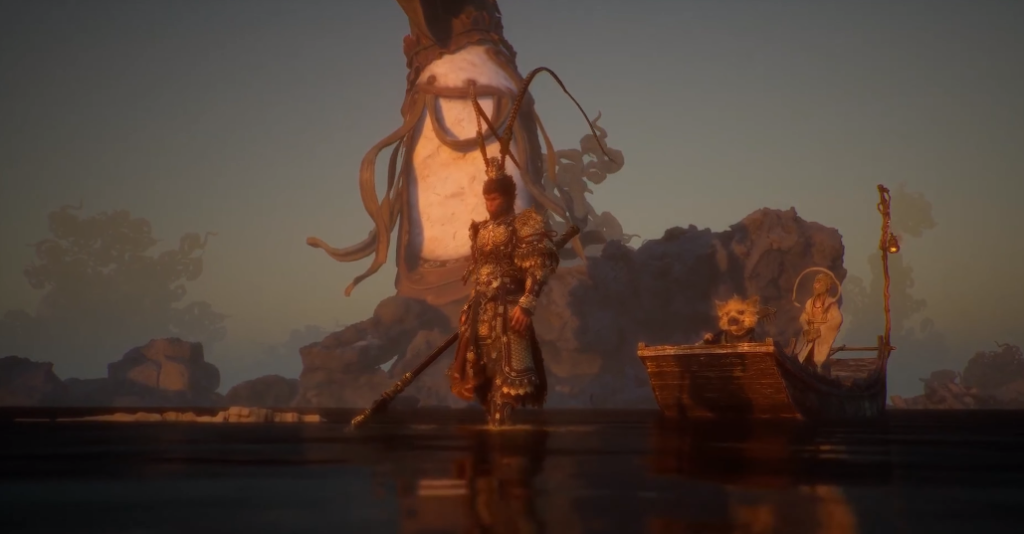
Hence, they must decide whether or not to have anything to do with the esteem attached to using Wukong’s name or exhibiting his character traits.
“Merging The Relics” And “The Cycle of Life“
A crucial part of the ending involves the player merging the six relics associated with Wukong.
This act symbolizes the joining of Wukong’s fragmented essence and the acceptance of his legacy.
The dialogue suggests that this merging is essential for the player to begin a new journey, reinforcing the cyclical nature of existence.
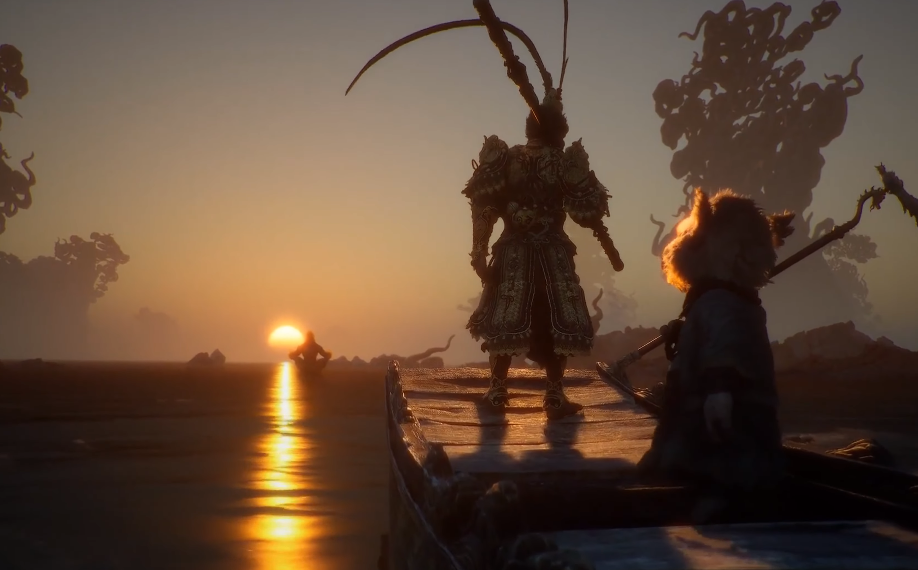
The player is faced with a significant choice: to accept Wukong’s legacy and take on his name or to reject it.
This moment reflects the themes of personal identity and the implications of carrying forward someone else’s legacy.
The dialogue indicates that the player has the power to shape their destiny, even as they navigate the echoes of Wukong’s past.
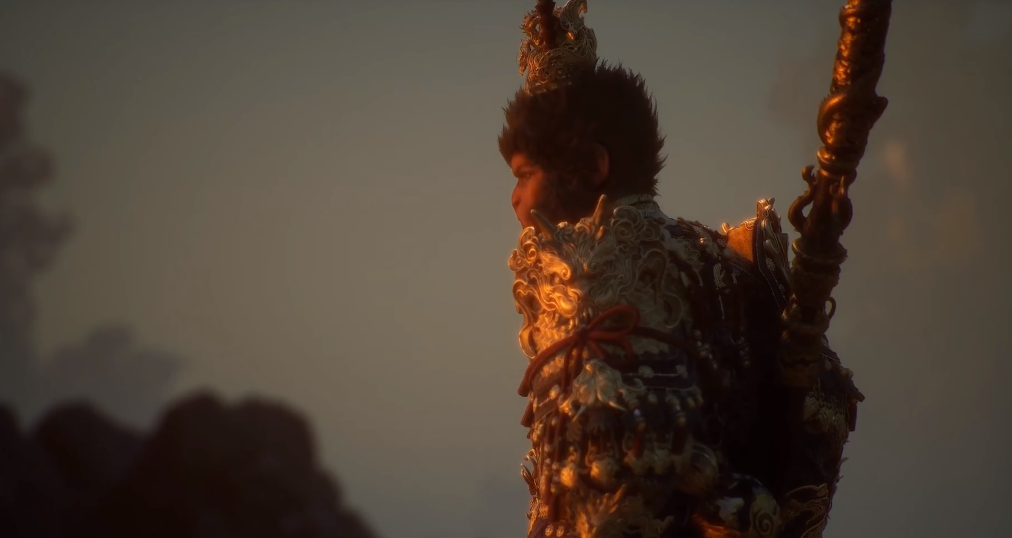
The ending suggests the cyclical nature of life and death, hinting that while Wukong is gone, his essence will continue through the successor.
The game mechanics reinforce this theme by allowing players to restart the game while retaining their progress, symbolizing the ongoing journey of growth and discovery.


